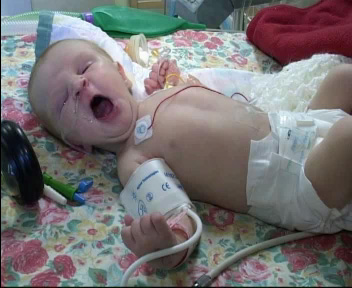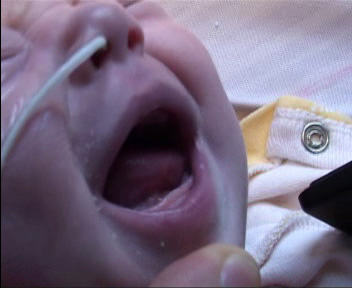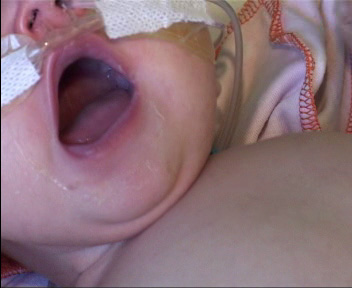Presentation course



This session describes the presentation of an infant or child with a cardiac problem. It covers both cyanotic and acyanotic heart defects.
Learning Objectives
By the end of this session you will be able to:
- List the variety of ways that an infant or child with a congenital heart defect can present
- Describe the assessment and management of a cyanotic infant or child with a cardiac problem
- Describe possible presentations of an infant or child with an acyanotic cardiac problem
Before commencing this session you should have:
- An understanding of various types of structural heart defects
Dr Anjum Gandhi has over 20 years of clinical, teaching and research experience in paediatrics and is a Consultant Paediatrician with training and expertise in paediatric cardiology at the Heart of England NHS Foundation Trust. He is also the Clinical Director for Children’s Services at HEFT and holds a honorary consultant contract in paediatric cardiology at Birmingham Children’s hospital.
Anjum is one of the founder members and the immediate past-Chair and Convenor of PECSIG (Paediatrician with Expertise in Cardiology Special Interest Group). Anjum has organised, chaired and participated in cardiology conferences and meetings for the RCPCH, RSM and PECSIG.
He has authored a number of articles in peer-reviewed journals and presented at national paediatric and cardiac clinical and research meetings. He is one of the authors of the cardiology curriculum approved by the RCPCH as a Special Interest Module (SPIN Module) and the Lead author of Revalidation guidance for PECs. He is also a member of Patient. Info (EMIS) team and has written and reviewed several clinical articles in this role.

- Radiology – Integrated Training Initiative (R-IT...
- Posted By eIntegrity Healthcare e-Learning
- Posted Date: 2025-01-10
- Location:Online
- This session reviews which chambers contribute to the ‘normal cardiac outline’ and examines how specific chamber enlargement or absence alters the normal cardiac shape. It will describe the different diagnoses, which result in characteristic
- Radiology – Integrated Training Initiative (R-IT...
- Posted By eIntegrity Healthcare e-Learning
- Posted Date: 2025-01-10
- Location:Online
- This session provides an overview of the clinical manifestations of haemangiomas, lymphatic and vascular malformations, their radiological work-up plus typical imaging findings.
- Radiology – Integrated Training Initiative (R-IT...
- Posted By eIntegrity Healthcare e-Learning
- Posted Date: 2025-01-10
- Location:Online
- This session covers imaging and diagnosis of paediatric mediastinal masses, and is organised based on their location in the mediastinum.
- Radiology – Integrated Training Initiative (R-IT...
- Posted By eIntegrity Healthcare e-Learning
- Posted Date: 2025-01-10
- Location:Online
- This session discusses radiographic anatomy of the normal mediastinum and its compartments containing different structures and why this is useful when interpreting an abnormal image. The silhouette sign and how it is used to localise a mass on chest radio
- Radiology – Integrated Training Initiative (R-IT...
- Posted By eIntegrity Healthcare e-Learning
- Posted Date: 2025-01-10
- Location:Online
- The session looks at pneumothorax, pneumomediastinum, air leaks in neonates, air leaks in older children and post-traumatic air leaks.








